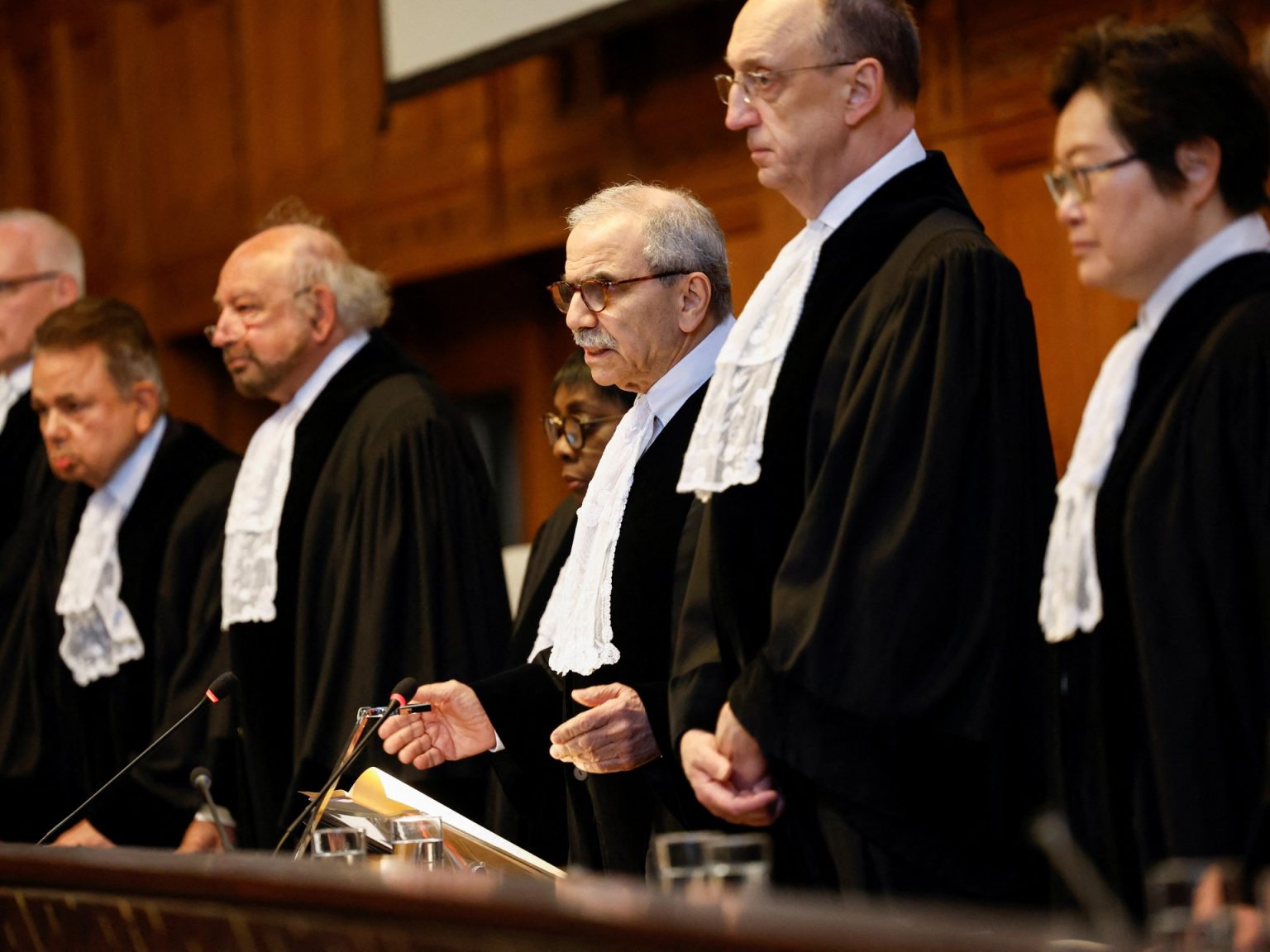The International Court of Justice (ICJ), the United Nations’ highest court, recently rejected Nicaragua’s request to stop German arms sales to Israel. The ruling stated that the current circumstances did not warrant the intervention of the court in this matter. Despite this decision, the ICJ expressed ongoing concern about the dire living conditions in Gaza and emphasized the importance of all countries complying with international law. The court’s decision serves as a reminder of the global impact of conflicts in the Middle East and the responsibility of all nations to uphold humanitarian principles.
The rejection of Nicaragua’s request highlights the complexities of international relations and the challenges faced by the UN in addressing conflicts around the world. The ICJ’s decision reflects a nuanced approach to balancing the interests of different nations while also acknowledging the urgent need to address the humanitarian crisis in Gaza. The court’s emphasis on adherence to international law underscores the importance of promoting peace and security through legal means, rather than through the proliferation of weapons and violence.
The ruling by the ICJ serves as a reflection of the ongoing conflict in the Middle East and the devastating impact it has on civilian populations. By rejecting Nicaragua’s request to halt arms sales to Israel, the court has taken a position that prioritizes the preservation of international law and the promotion of diplomacy as a means of resolving disputes. The ICJ’s concern for the living conditions in Gaza underscores the urgent need for humanitarian action and highlights the ongoing challenges faced by Palestinians living in the region.
In rejecting Nicaragua’s request, the ICJ has reaffirmed the importance of upholding international norms and standards in addressing conflicts around the world. The court’s decision sends a strong message about the need for all countries to abide by their obligations under international law and to work towards peaceful resolutions to conflicts. By emphasizing the catastrophic living conditions in Gaza, the ICJ has underscored the urgency of addressing the humanitarian crisis in the region and the need for coordinated international efforts to mitigate suffering and promote peace.
The ICJ’s ruling on the German arms sales to Israel sheds light on the complex dynamics at play in the Middle East and the challenges faced by the international community in addressing conflicts in the region. The court’s decision reflects a commitment to upholding the principles of international law and promoting peaceful resolutions to disputes. Despite the rejection of Nicaragua’s request, the ICJ’s continued concern for the welfare of civilians in Gaza underscores the importance of prioritizing humanitarian action and addressing the root causes of conflict in the region.
In conclusion, the ICJ’s rejection of Nicaragua’s request to halt German arms sales to Israel highlights the ongoing complexities of international relations and the urgent need to address the humanitarian crisis in Gaza. The court’s decision underscores the importance of upholding international law and promoting diplomacy as a means of resolving conflicts. The ruling serves as a reminder of the global impact of conflicts in the Middle East and the responsibility of all nations to prioritize human rights and peace in their actions on the world stage.


